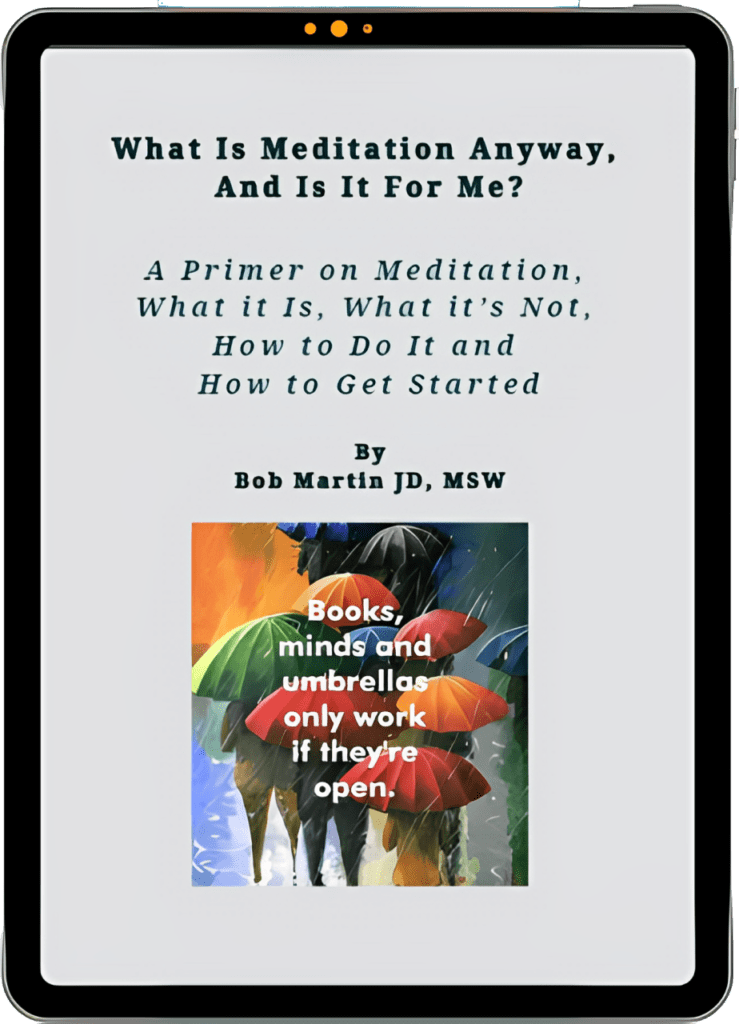
No one enjoys feeling stressed, yet many common stress relief techniques can be ineffective or even counterproductive. Scientific research reveals that our attempts to “just relax” or “tough it out” often lead to greater discomfort. Understanding how our bodies and minds work can guide us toward more effective strategies for achieving relaxation and well-being.
The Ineffectiveness of Common Stress Management Techniques
When faced with anxiety—whether before a big interview, exam, or performance—attempting to “talk yourself out of it” can often backfire. The intention to control specific thoughts can trigger the very thoughts we wish to suppress, leading to an “ironic process” where resisting an idea only amplifies its presence. Put more simply: What you resist, persists!
Similarly, the notion of “toughing it out” by suppressing emotions can be detrimental. Research conducted by Stanford psychologist James Gross shows that hiding our feelings often intensifies them physiologically. For instance, suppressing anger can elevate heart rates and cause physical discomfort, not just for us but also for those around us. Regularly suppressing negative emotions can create a cycle of increased negative feelings and decreased positive emotions.
A Better Approach to Stress Management
So, what can we do instead? The answer lies in connecting with our bodies through mindful stress relief techniques. Rather than focusing solely on the source of stress, we can cultivate relaxation and ease, which allows our minds to ease up as well. This shift in perspective not only aids in stress relief but also empower us with emotional regulation to handle life’s challenges more effectively.
Engaging in physical activities that we enjoy—such as yoga, swimming, or simply taking a walk—can greatly improve our sense of well-being. Spending time in nature can be especially powerful, as research on awe shows that being surrounded by natural beauty can slow our perception of time and ground us in the present moment.
The Transformative Power of Breath
Among the most effective strategies for alleviating stress is focusing on our breath. While most of us recognize the calming benefits of taking a deep breath, we might not fully appreciate the power of breath control. Unlike many bodily functions, breathing can be both involuntary and voluntary, providing us with a unique tool to regulate our emotional state.
When we inhale, our heart rate and blood pressure tend to rise; conversely, exhaling lowers these rates. By intentionally extending our exhales, we can activate the rest-and-digest (parasympathetic) nervous system, countering the fight-or-flight response associated with stress.
Research by Stephen Porges reveals that slow breathing can activate the vagus nerve, reducing the activity of stress-inducing adrenal systems. Diaphragmatic breathing, or abdominal breathing, is particularly effective because lengthened exhales promote relaxation in the nervous system.
Practical Strategies to Harness the Power of Breath
Here are some strategies to incorporate breath awareness into your daily life:
- Develop Breath Awareness: Throughout the day, take moments to check in with your breath. Is it fast or slow? Deep or shallow? Notice how your breathing shifts with different emotions and situations.
- Consciously Control Your Breath: When you feel stress or fear, you might notice your breath becoming rapid and shallow. By consciously slowing your breath and breathing into your abdomen, you can promote relaxation and calmness.
- Practice Focused Breathing Techniques: Techniques like Alternate Nostril Breathing can be particularly effective for managing stress and promoting balance. These practices help engage both hemispheres of the brain and enhance overall well-being.
- Incorporate Regular Breathing Practices: Just as you would build muscle at the gym, commit to practicing breathing techniques regularly. Over time, these practices can strengthen your ability to handle stress and promote resilience.
Building Resilience Through Breath and Mindfulness
Stress relief is not about suppressing negative feelings or trying to will them away. Instead, it’s about supporting the body’s natural ability to recover from stress. By embracing breath awareness and other soothing activities, you can cultivate a resilient mindset that empowers you to reduce stress effectively.
Whether you choose to join a breathing class or engage in mindful activities that calm your nervous system, remember that the journey toward stress relief is a gradual process. With daily commitment and practice, you can unlock your body’s potential for relaxation and well-being.
Conclusion: Your Path to a Calm Mind and Body
Understanding and harnessing the power of breath is a gentle yet effective way to combat stress. Incorporating mindfulness meditation into your routine can enhance these stress relief techniques, offering a powerful approach to emotional regulation. As you learn to embrace mindfulness and focus on your breathing, you’ll find that you can navigate life’s challenges with greater ease. Start your journey to a calmer, more centered life today, and discover the profound benefits of breath and presence.
For more guidance and support on your journey to relaxation and mindfulness, consider exploring our online meditation classes at A Wise and Happy Life.

